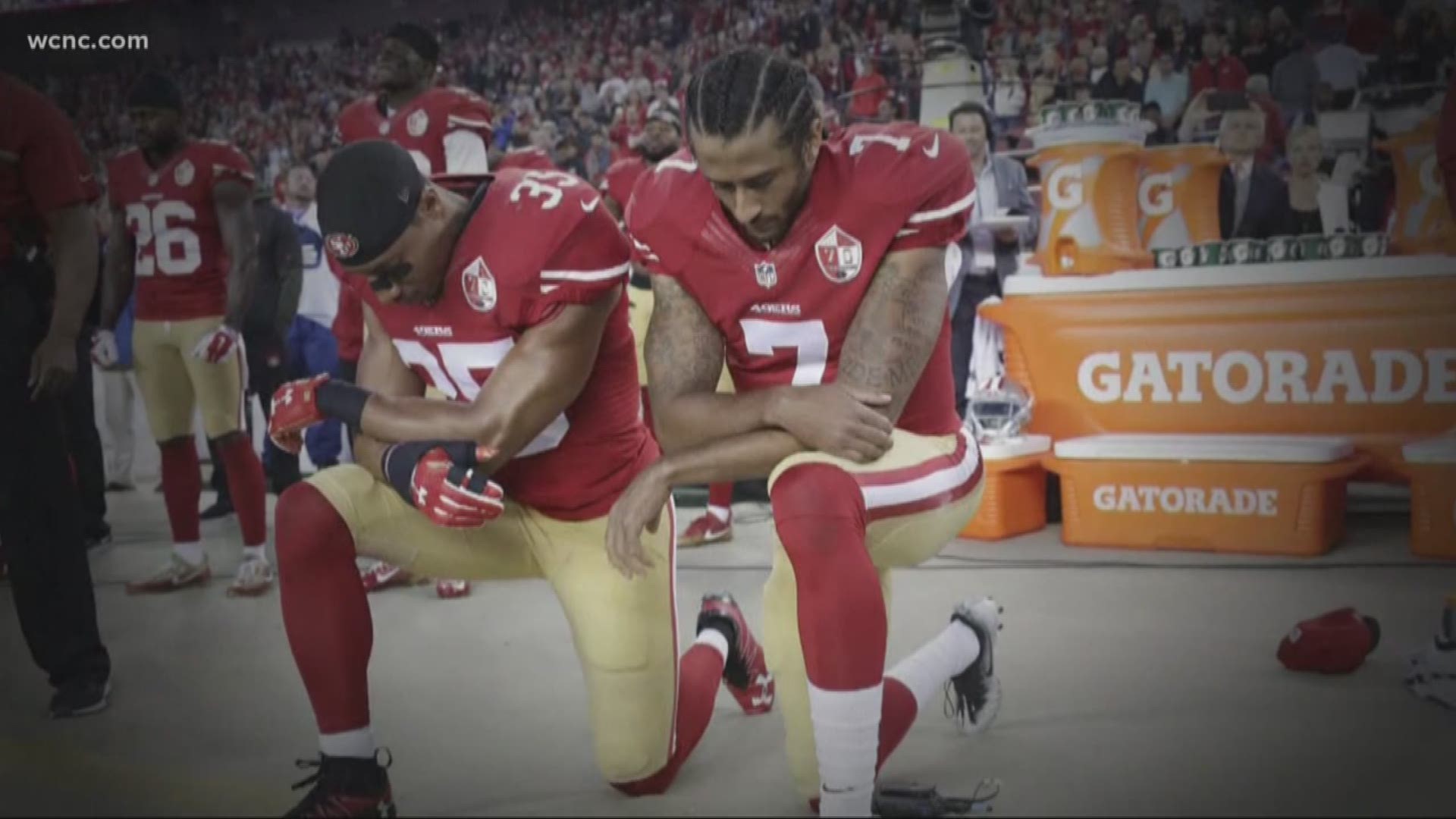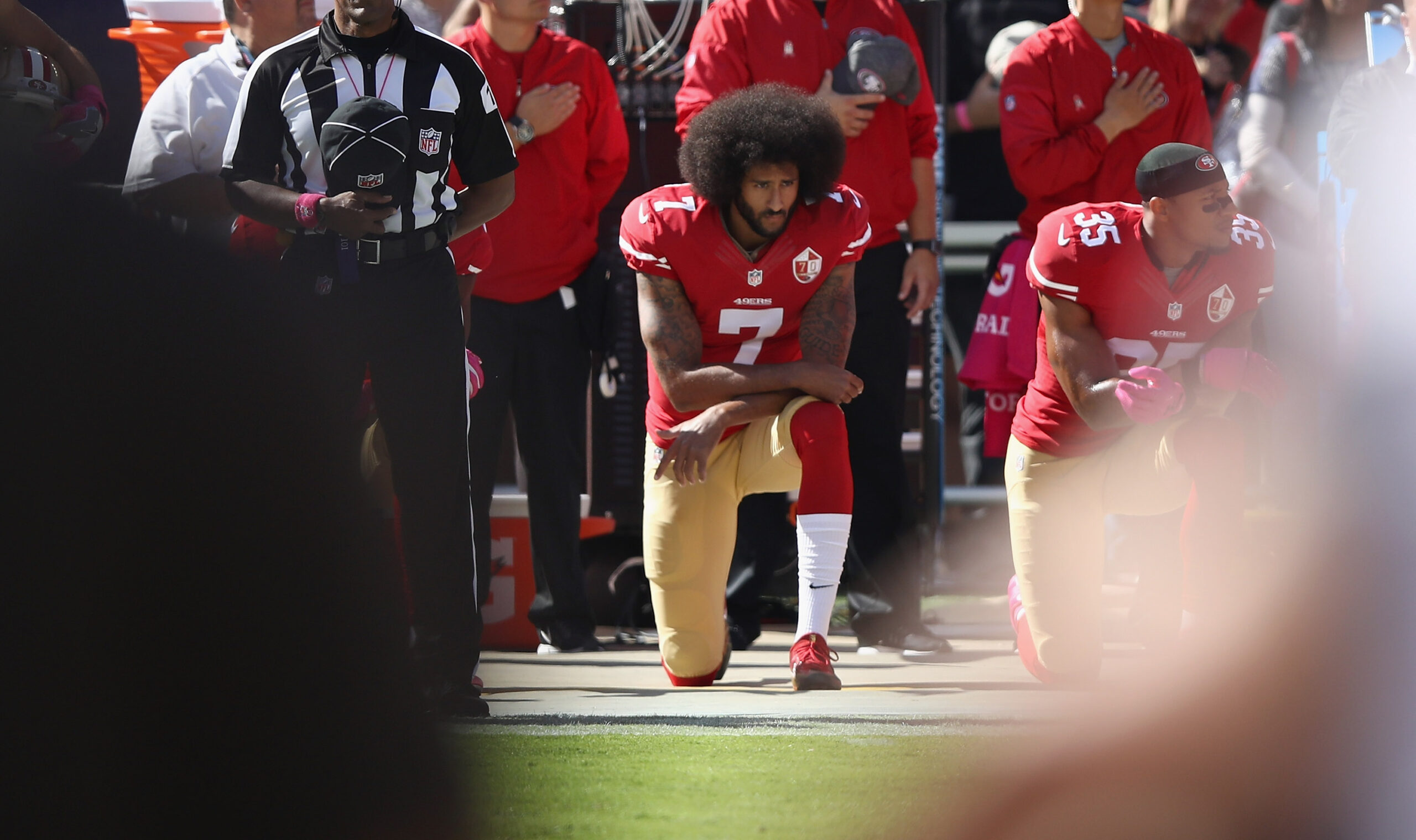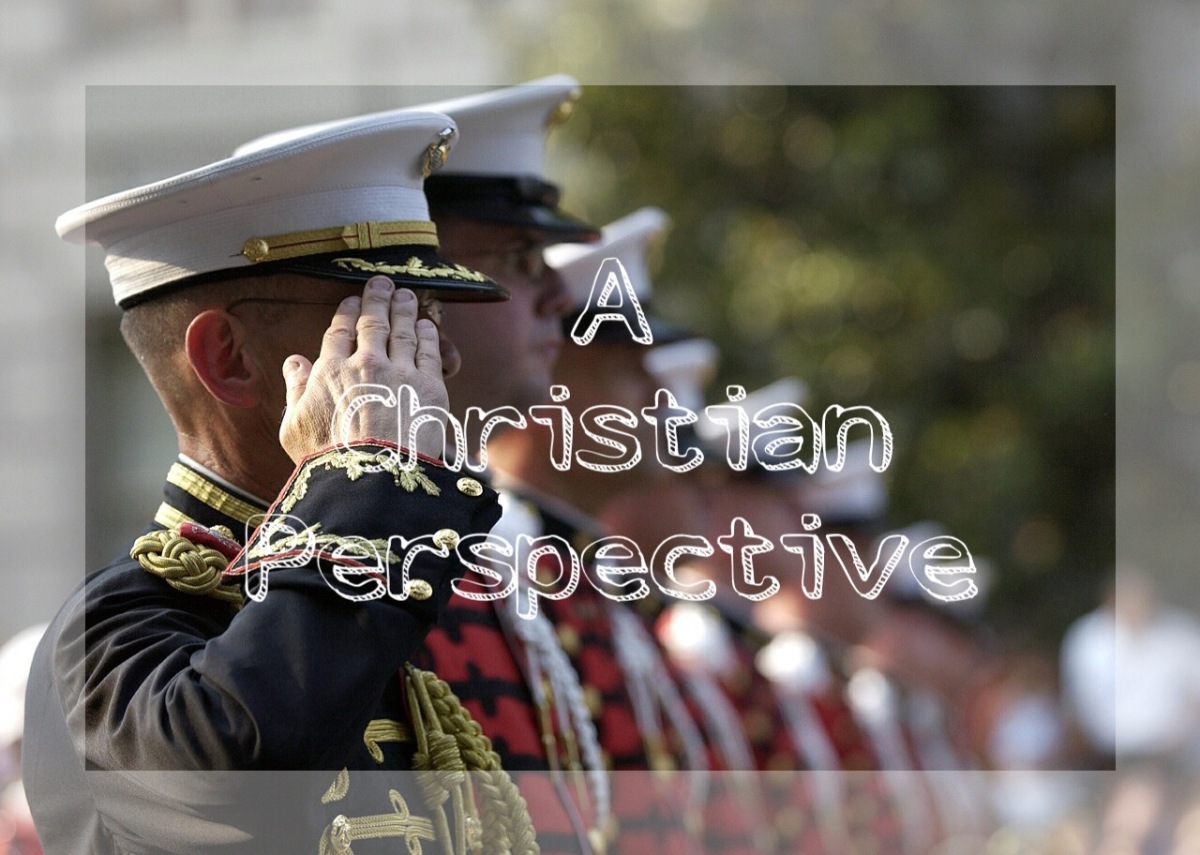The national anthem controversy has been a hot topic in recent years, with individuals kneeling or refusing to stand during its rendition as a form of silent protest. This controversy has sparked debates surrounding religion, patriotism, and the historical context of “The Star-Spangled Banner”. While some argue that these actions disrespect the country and its flag, others argue that it is a form of peaceful protest against systemic racism and police brutality. Let’s explore the different perspectives and reasons behind this controversial issue.
Understanding the Debate Surrounding the National Anthem.
The national anthem controversy has been a topic of discussion for several years, and it has sparked various debates among Americans. The controversy primarily centers on “The Star-Spangled Banner,” which is the national anthem of the United States. The song was written by Francis Scott Key in 1814 after he witnessed the British attack on Fort McHenry during the War of 1812. However, many have criticized Key’s role as a slaveholder and the references to slaves in the song’s third stanza, which has led to calls for a change in the national anthem.
Another aspect of the controversy is the actions of individuals who sit or kneel during the rendition of the national anthem in silent protest. This form of protest was started by former NFL quarterback Colin Kaepernick in 2016, who knelt during the national anthem to protest police brutality and racial inequality. His actions were met with both support and criticism, and it sparked a nationwide debate on the right to protest during the national anthem.
Overall, the national anthem controversy highlights the ongoing struggle for social justice and equality in America. While some argue that standing for the national anthem is a sign of respect for the country and its values, others believe that remaining seated or kneeling is a legitimate form of protest against systemic racism and oppression.
>> Must read Who performed the biggest halftime show ever?
The Reason Behind Kneeling During the National Anthem
In recent years, kneeling during the national anthem has become a highly controversial topic in the United States. The controversy began in 2016, during a football game when Colin Kaepernick and his teammate, Eric Reid, decided to kneel during the national anthem as a way to bring attention to the racial inequality and police brutality that is prevalent in the U.S. This gesture soon gained momentum and spread to other sports and events, with many athletes and individuals choosing to kneel during the national anthem.
The act of kneeling during the national anthem, while initially intended to bring attention to the issues of racial inequality and police brutality, has since become a highly divisive issue in the U.S. Many people view kneeling during the national anthem as a sign of disrespect towards the country and its military, while others see it as a peaceful protest meant to draw attention to important societal issues.
The controversy over kneeling during the national anthem has sparked heated debate, with some people arguing that it is a protected form of free speech, while others believe that it is disrespectful to the country and those who have fought for it. Regardless of one’s personal views on the matter, the fact remains that kneeling during the national anthem has become a highly visible and controversial topic in the U.S.
Trending now – Whats a warm up act called?
Famous Cases of Individuals Who Chose Not to Stand for the National Anthem
Mahmoud Abdul-Rauf, a former NBA player, made headlines in the 90s when he refused to stand for the national anthem before games. His decision was based on his religious beliefs as a Muslim, and he believed that standing for the anthem went against his faith. Abdul-Rauf’s decision to sit during the anthem caused a great deal of controversy, and he was met with criticism and backlash from fans, the media, and even the NBA.
Abdul-Rauf’s career suffered as a result of his decision, and he was eventually suspended for one game and fined $31,000 by the NBA. He was later traded to another team and eventually left the league altogether. Despite the backlash, Abdul-Rauf never wavered in his beliefs and continued to speak out on issues of social justice and religious freedom.
It’s important to note that Abdul-Rauf’s decision to sit during the national anthem was not a protest against the United States or its military, but rather a personal choice based on his religious beliefs. However, his stance did spark a larger conversation about the meaning and significance of the national anthem, and whether or not individuals should be required to stand for it.
Today, more and more athletes and individuals are choosing to take a knee or sit during the national anthem as a form of peaceful protest against racial injustice and police brutality. While some may disagree with this form of protest, it is important to respect individuals’ rights to peacefully express their beliefs and opinions.

The Originator of Kneeling During National Anthem: A Historical Overview.
In the midst of the national anthem controversy, many people wonder who started kneeling during the national anthem. The answer lies with former San Francisco 49ers quarterback Colin Kaepernick. In 2016, Kaepernick was looking for a way to peacefully protest against racial inequality and police brutality in the United States. He wanted to make a statement without offending people in the military. At that time, he was approached by former Army Green Beret Nate Boyer, who suggested that he kneel during the national anthem as a form of protest.
On that night, five years ago today, Kaepernick and his teammate Eric Reid took a knee for the national anthem before the game against the San Diego Chargers. This act sparked controversy and started a movement that has continued to this day. Kaepernick’s decision to kneel during the national anthem was a peaceful protest against racial injustice and police brutality. It was a powerful statement that he hoped would bring attention to the issue and spark change in the United States.
The Religious Beliefs That Oppose Standing for the National Anthem.

Jehovah’s Witnesses, a religious group, do not stand for the national anthem, salute flags, vote or serve in the military. This religious group believes that their allegiance belongs to God alone, who runs an actual government in heaven. This belief is based on their interpretation of the Bible, particularly Romans 13:1-7, which says that Christians should submit to earthly authorities but ultimately owe their allegiance to God.
Jehovah’s Witnesses believe that standing for a national anthem, saluting a flag or serving in the military is a form of idolatry, which goes against their religious beliefs. They believe that these actions show allegiance to a country or a government rather than to God. Therefore, Jehovah’s Witnesses choose not to participate in such activities.
This religious group’s stance on national anthems and flags has caused controversy and misunderstanding, particularly during public events such as sports games and political rallies. However, it is important to understand their beliefs and respect their right to choose not to participate. Being knowledgeable and respectful towards different beliefs and cultures is necessary for a diverse and accepting society.
Understanding the reasons behind people’s reluctance to sing the national anthem
Some people choose not to sing the national anthem because they simply do not like singing. For them, public singalongs can be a source of discomfort and even pain. Whether it’s at a wedding, a school assembly or a sports event, they find the idea of singing in front of a crowd excruciating. In such situations, they prefer to remain silent or move their lips silently.
Moreover, there may be other reasons why people choose not to sing the national anthem. Some may disagree with the lyrics or the message of the song. They may feel that the anthem does not represent their values or beliefs. Others may have personal or political objections to singing the anthem. For example, some people may view it as a symbol of nationalism or patriotism, which they see as problematic or exclusionary.
In some cases, religious beliefs may also play a role in people’s decision not to sing the national anthem. For instance, Jehovah’s Witnesses believe that it is against their faith to salute or pledge allegiance to any flag or nation. Similarly, some Christians may feel conflicted about singing the anthem because they believe that their ultimate allegiance is to God, rather than to any earthly nation.
Overall, there are many reasons why people may choose not to sing the national anthem. While some may see it as a sign of disrespect, it is important to remember that everyone has the right to express their beliefs and opinions in their own way. As long as they are not causing harm to others, individuals should be free to decide whether or not to participate in public singalongs like the national anthem.
The Dilemma of Christian Patriotism: Is it Appropriate to Recite the National Anthem?
As a Christian, it is important to understand the significance of respecting the law of the land. The Bible instructs us to obey and show honor to those in authority as God ultimately ordains kings and leaders. Therefore, as long as the national anthem does not go against the teachings of God, Christians are encouraged to sing it as a sign of respect for their country and its leaders.
It is crucial to remember that being a Christian should not hinder one’s patriotism. In fact, Christians should be exemplary citizens who display respect and obedience to their country’s laws and authority. Singing the national anthem is a way to show gratitude for the freedom and privileges that the country provides.
Furthermore, Christians have the responsibility to be a light in their community and to set an example for others. By respecting and honoring the law of the land, including the national anthem, Christians can positively influence those around them.
In conclusion, Christians should sing the national anthem as an act of respect and honor to their country and its leaders, as long as it aligns with the teachings of the Bible. It is important to remember that being a Christian should not hinder one’s patriotism, but rather, enhance it by being a model citizen who upholds the law and sets a positive example for others.
The Reason Behind Jehovah Witness’ Disregard for Flag Salutation.
Jehovah’s Witnesses are a religious group that abstains from saluting the flag on religious grounds. According to Barrows, the overseer of the East Clearwater congregation, Jehovah’s Witnesses respect the American flag as it is a symbol of the country they live in. However, they refuse to salute it as they believe it goes against their religious beliefs. This practice is not based on political beliefs but religious ones. Saluting the flag is seen as an act of worship, which is reserved for God alone. For Jehovah’s Witnesses, their allegiance is to God and his kingdom, not to any country or government. Therefore, they abstain from any act that may be seen as idolatrous or that may compromise their religious beliefs.
The concept of believing in the absence of a deity
The term “atheist” is defined as a person who does not believe in the existence of a god or gods. According to Merriam-Webster, this is the literal definition of the word. In the United States, a vast majority of atheists, which amounts to 81%, do not believe in God, a higher power, or any spiritual force. This means that they deny the existence of any divine being that is responsible for the creation of the universe and humanity. As atheism has become more widely accepted and understood, more people are identifying as atheists and openly discussing their beliefs.
The Reason Behind National Anthem Protests: A Deep Dive.
Protests during the playing of the United States national anthem have been happening for years now, with a multitude of causes. These causes range from civil rights, anti-conscription, anti-war, anti-nationalism, and religious reservations. Many people feel that the national anthem is a symbol of the oppression and injustices that still exist in the country. Some believe that the lyrics of the anthem celebrate violence and war, and therefore refuse to stand during its playing. Others protest as a way to bring attention to issues like racial inequality and police brutality.
Historically, athletes have used their platforms to protest during the national anthem. The most well-known protest happened in 2016 when NFL player Colin Kaepernick started kneeling during the national anthem to protest police brutality against African Americans. This sparked a nationwide controversy and Kaepernick was heavily criticized by many, including President Trump. However, many people also supported his protest and it led to a larger conversation about the role of athletes in social justice movements.
It’s important to note that not all protests during the national anthem are related to politics or social issues. Some people simply choose not to stand for religious reasons. For example, Jehovah’s Witnesses are prohibited from pledging allegiance to any country or flag, and therefore do not participate in standing or singing during the national anthem.
In conclusion, protests during the national anthem have had many causes and it’s important to understand the reasons behind them. While some may not agree with the method of protest, it’s crucial to listen to the voices of those who are using their platforms to bring attention to important issues.
The national anthem controversy continues to be a hot topic in the United States. While some people choose not to stand or sing during the anthem due to their religious beliefs or as a form of peaceful protest against social injustices, others see it as a sign of disrespect towards the country and its values. As debates surrounding this issue continue, it is important for everyone to remember the significance and history behind the national anthem, while also recognizing the diverse beliefs and opinions of those around us.




